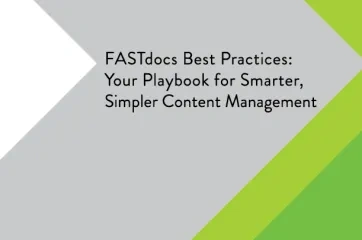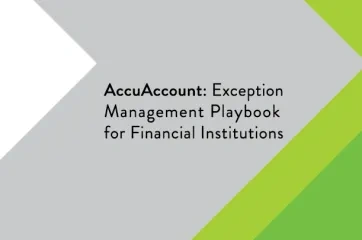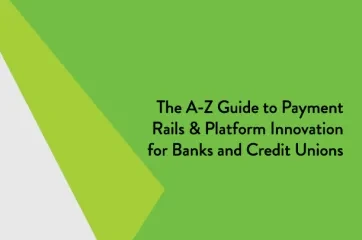Banking exams are conducted by both the Federal Deposit Insurance Corporation (FDIC) and state-level organizations to evaluate the practices of financial institutions. The goal is to ensure banks and credit unions are operating in a manner that preserves their customers’ or members’ monetary investments by managing risks through sound operating procedures. Federal and state agencies often coordinate with one another and alternate exams.
Types of Banking Exams
Banking exams typically focus on one of these three areas:
- Safety and soundness, including elements covered by the Bank Secrecy Act (BSA)
- Compliance, which encompasses fair lending practices and disclosures
- Trust accounts
Once a banking exam is completed, the financial institution receives the findings. These are often communicated through a memorandum of understanding that lists the violations identified and corrective actions expected. In a worst-case scenario, banks that either cannot or do not rectify infractions exposed by banking exams can be taken over by the FDIC.
Are Banking Exams and Audits the Same?
Although the terms are sometimes used interchangeably, these two types of reviews are different. While an exam is externally driven by the FDIC or by a state-level entity, an audit is usually initiated by the financial institution itself. The goal is to expose weaknesses and correct them before they are identified by an examiner. Auditors may evaluate loan portfolios and bank practices, identify exceptions in loan files, and make suggestions regarding a bank or credit union’s procedures.
Banking Exam Preparation
Federal and state banking examiners look closely at how a financial institution organizes its information. Presenting disorganized files, even if the content is complete, can make an unfavorable impression. When preparing for a banking exam, staff at financial institutions should take particular care to identify and remedy exceptions, particularly when it comes to missing documentation for:
- Large loans
- Insider loans
- Classified credits
Paper Files vs. Electronic Systems for Banking Exam Prep
Implementing an electronic document management system can significantly minimize preparation time for a banking exam by enabling:
- Real-time exception tracking – A solution like AccuAccount identifies exceptions, generates reports, and automatically distributes information to staff to remedy missing documentation. Conversely, paper files and manual ticklers require hours of manual labor to identify and resolve exceptions.
- Multi-user file access – Multiple employees can work in the same electronic customer or member file simultaneously, even during an audit. By contrast, a traditional paper file can only be on one desk at a time.
- Automated due diligence tracking – Automatically generated notice letters simplify the process for requesting missing information from a borrower. In addition, financial institutions can easily show bank and credit union examiners they are making good faith efforts to secure deficient information. In the case of paper, copies of letters or a log sheet would be required to document these attempts.
Banking Resources
For more information about best practices in financial institutions, be sure to check out our extensive Innovation Hub with free spreadsheets, whitepapers, and eBooks.
Browse our banking definitions page for more terminology.







